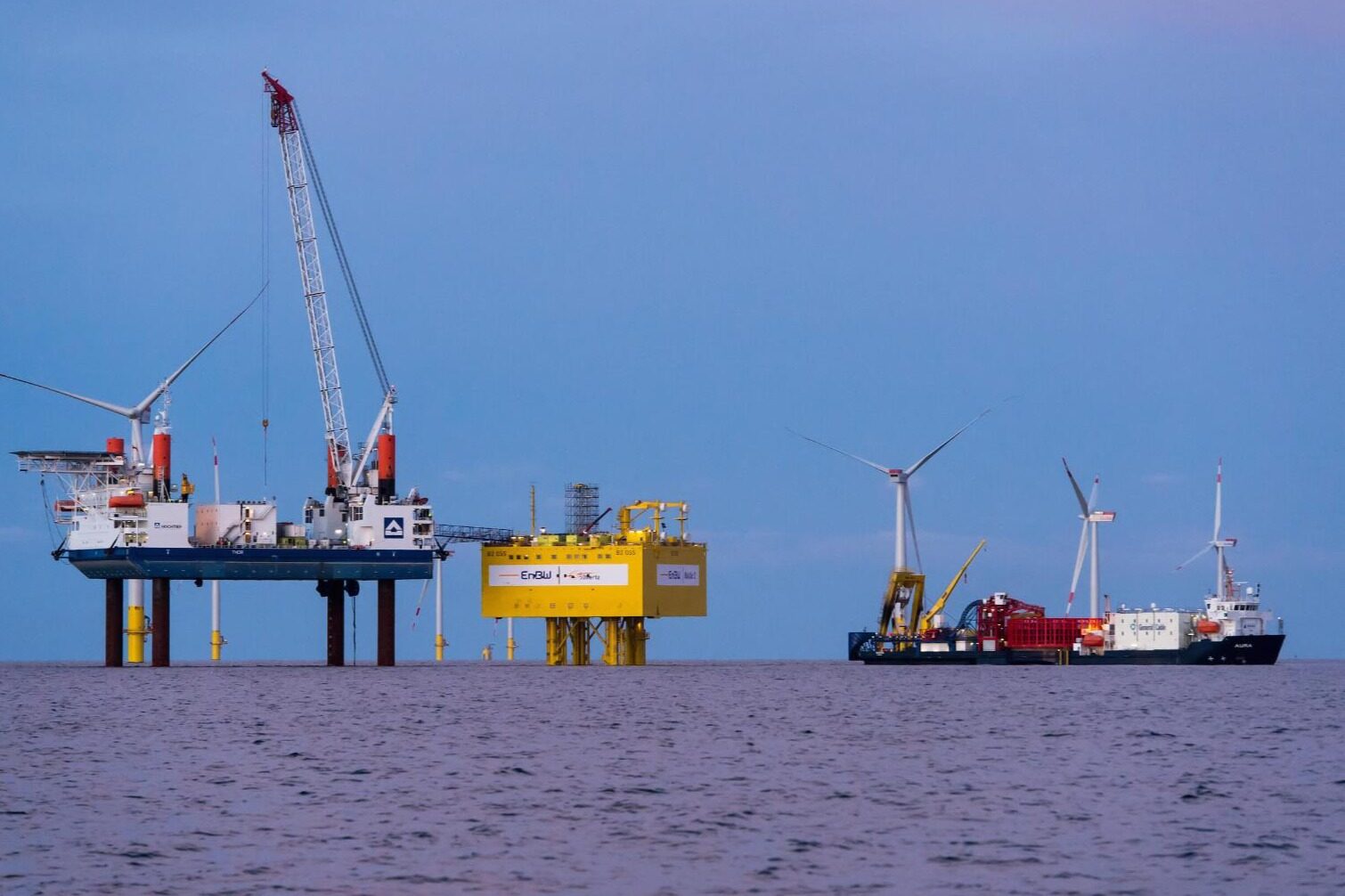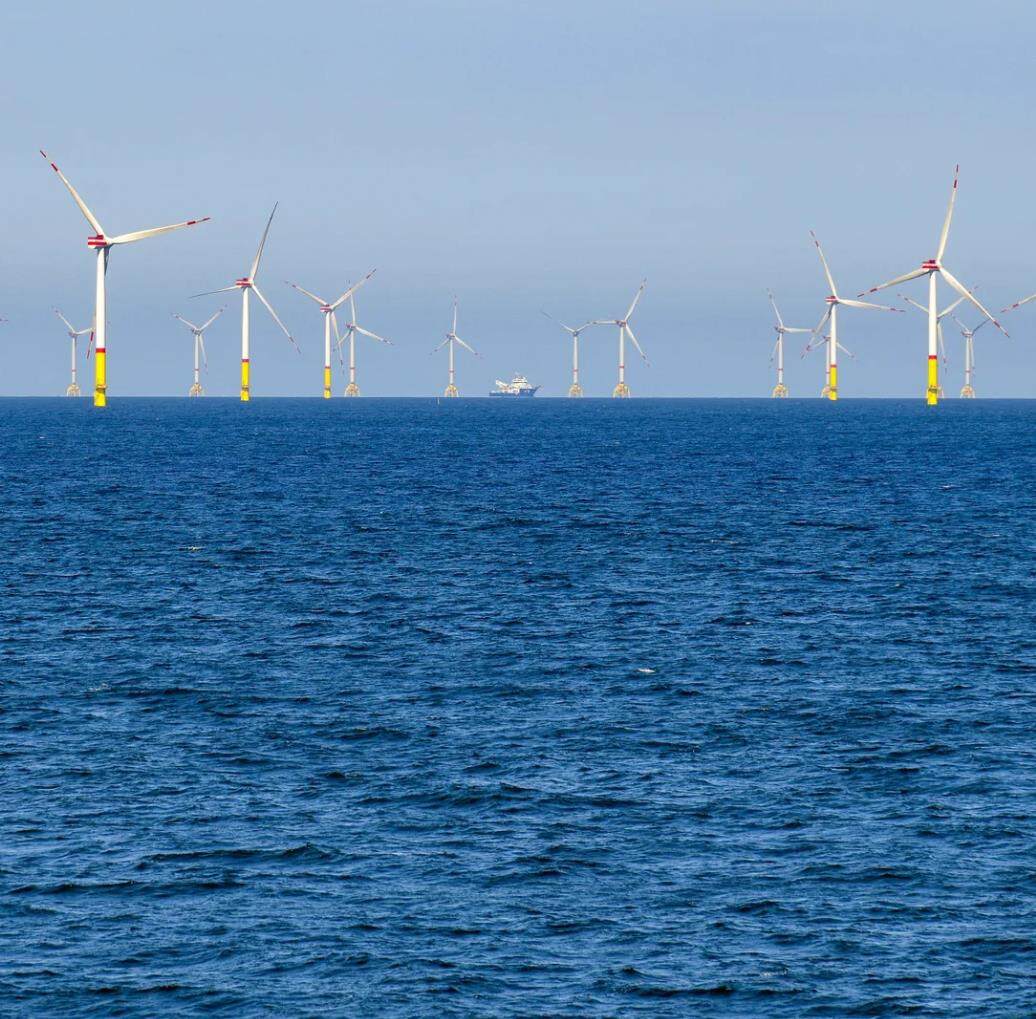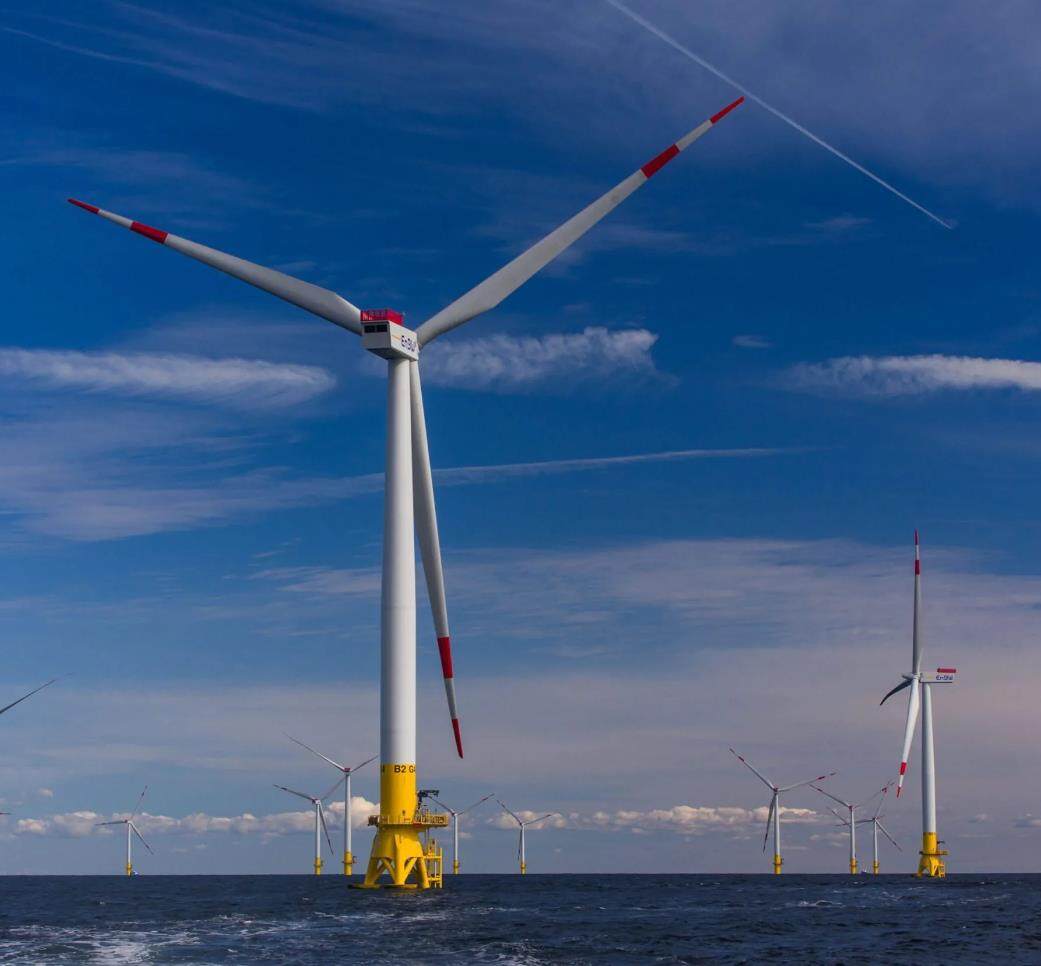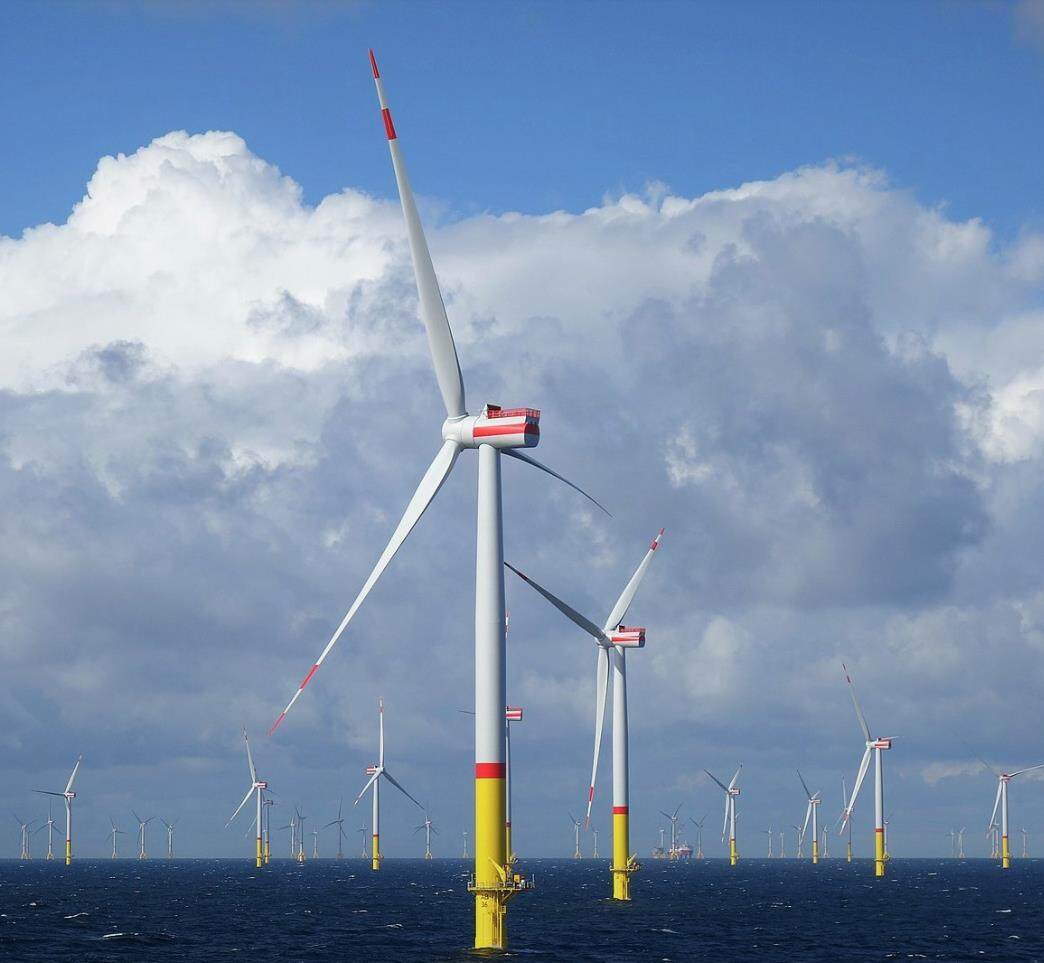- Located in the Swedish economic zone, the center will produce electricity and hydrogen
- The energy center will feature offshore wind turbines and devices to convert electricity into hydrogen

Swedish renewable energy project developer OX2 has started construction on a 1.9GW energy hub called Neptunus in the southern Baltic Sea. Located in the Swedish economic region, the center will have the capacity to produce electricity and hydrogen.

It will feature offshore wind turbines as well as equipment to convert electricity into hydrogen. Neptunus will be able to generate 8TWh of electricity per year, equivalent to 5% of Sweden's annual electricity consumption. It could be in service by the early 2030s.

Emelie Zakrisson, head of offshore wind development at OX2 Sweden, said the transition to hydrogen, a fossil-free industry and general electrification required a lot of renewable energy. Neptunus' strategic location will play a key role in this transformation. Hydrogen is expected to play a key role as an energy carrier in future energy systems as heavy industry and transport sectors demand solutions to reduce carbon emissions.

Hydrogen can be used to store, transport and supply energy, and it can also be converted into other electronic fuels. The electricity production planned by Neptunus will facilitate hydrogen production levels of up to 225,000 tonnes per annum.
Over the past two years, OX2 has conducted surveys of selected development areas. In winter 2022-23, it also consults with local authorities and the public. It will prepare an environmental impact assessment, which will be submitted in 2023-2024. Hydrogen production also produces oxygen as a by-product, and the Swedish company will investigate whether this can be used to oxygenate the deeper waters of the Baltic Sea in the project area.Editor/XingWentao
Comment
 Praise
Praise
 Collect
Collect
 Comment
Comment
 Search
Search














Write something~